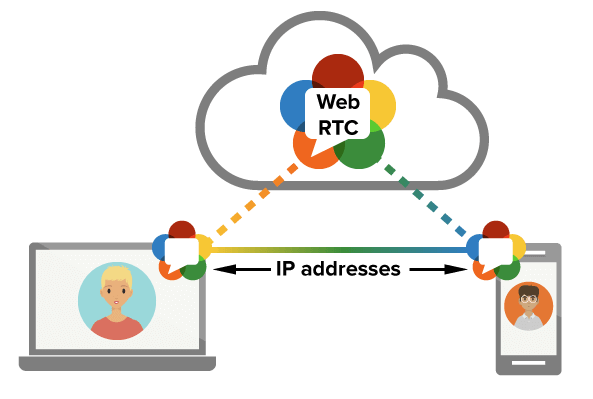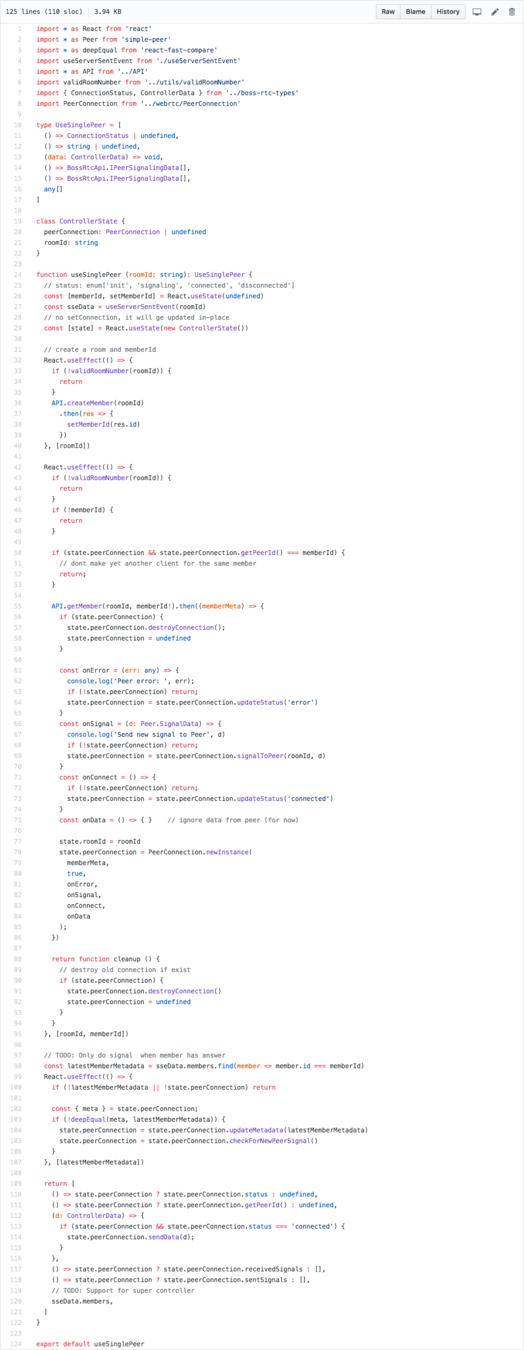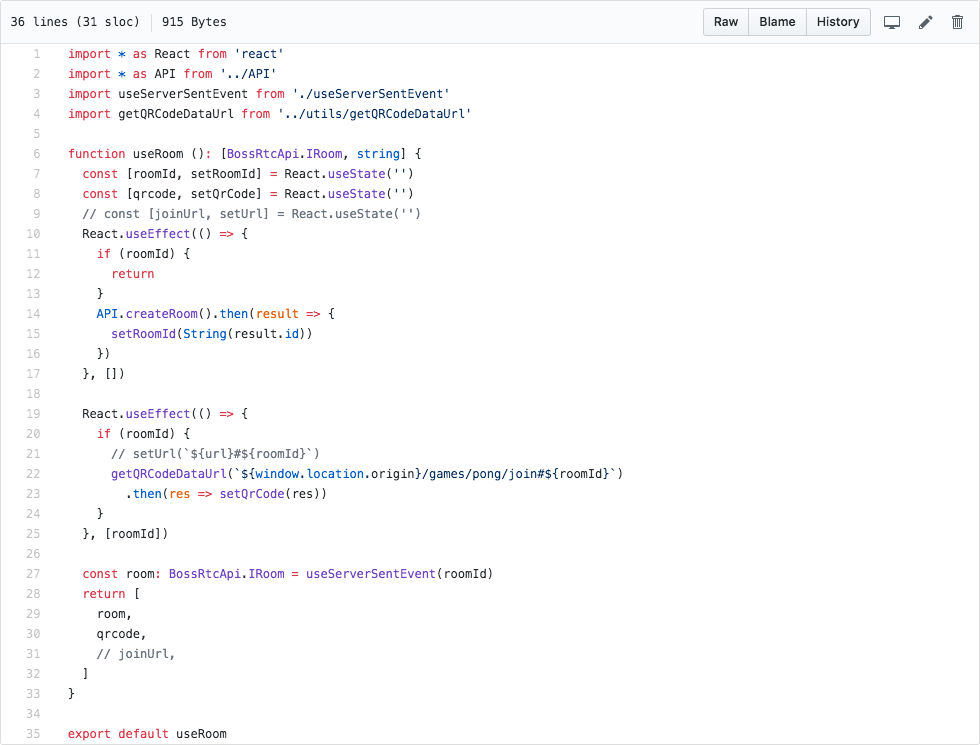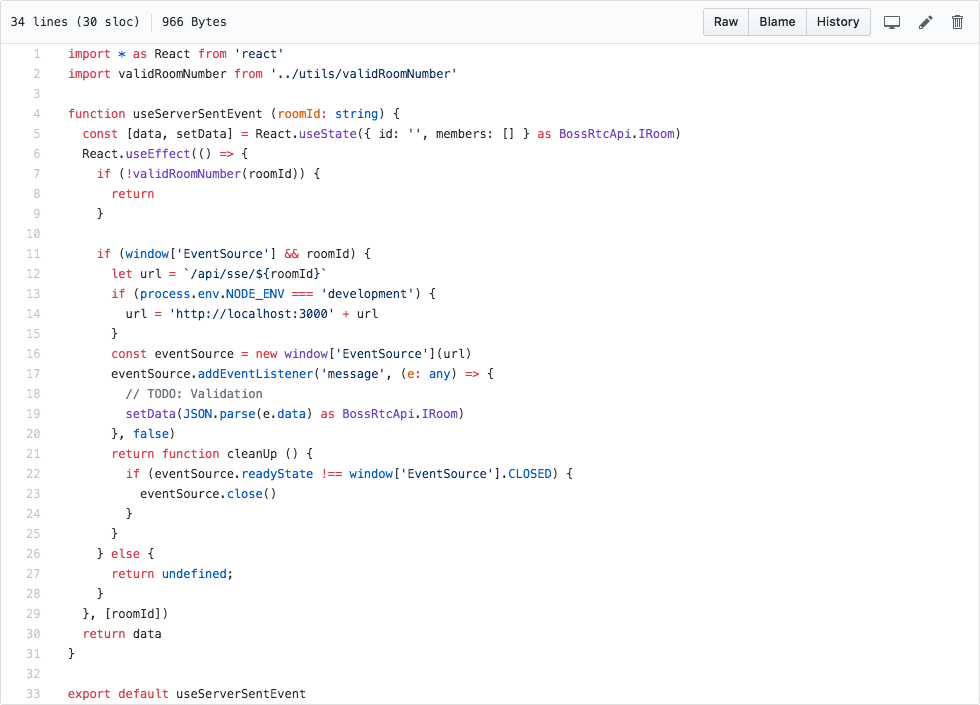Denny@LINE Fukuoka
Hooks of Frontend
自己紹介
- Denny(デニ)
- LFKのフロントエンドエンジニア
- 台湾人
- twitter: @TinyDenny
- github: abalone0204

今日話すこと
- Brief introduction to hooks
- Why hooks matter
- Almost-real-world Example
- Can we do better?
Brief Introduction to Hooks
hooksとは?
Shareable Stateful Logic
Let you hook to React features
in function component
state
setState
Disclaimer:
more detail introduction in Dan's talk in react conf
Problem
- No simpler stateful primitive than a class component
import React from 'react'
const User = (props) => {
return (
<div>
<p>{props.name}</p>
</div>
)
}import React from 'react'
class User extends React.Component {
constructor(props) {
super(props)
this.state = { name: 'Hakata' }
this.handleInput = this.handleInput.bind(this)
}
handleInput(event) {
this.setState({name: event.target.value})
}
render() {
return (
<div>
<p>{this.state.name}</p>
<input
type="text"
value={this.state.name}
onChange={this.handleInput}
/>
</div>
)
}
}
?
- What we need is: `state` and `setState` in function component
- Assume we have these variables in function component
- Hook is the bridge that let you let you access the `state` and `setState`
import React from 'react'
const User = (props) => {
return (
<div>
<p>{props.name}</p>
</div>
)
}import React from 'react'
class User extends React.Component {
constructor(props) {
super(props)
this.state = { name: 'Hakata' }
this.handleInput = this.handleInput.bind(this)
}
handleInput(event) {
this.setState({name: event.target.value})
}
render() {
return (
<div>
<p>{this.state.name}</p>
<input
type="text"
value={this.state.name}
onChange={this.handleInput}
/>
</div>
)
}
}
import React from 'react'
const User = ( ) => {
const name = ??
const setName = ??
function handleInput(event) {
setName(event.target.value)
}
return (
<div>
<p>{name}</p>
<input
type="text"
value={name}
onChange={handleInput}
/>
</div>
)
}import React, { useState } from 'react'
const User = ( ) => {
const [name, setName] = useState('Hakata')
function handleInput(event) {
setName(event.target.value)
}
return (
<div>
<p>{name}</p>
<input
type="text"
value={name}
onChange={handleInput}
/>
</div>
)
}
this.state = { name: 'Hakata' }
this.setState({name: event.target.value})
Step by step to hook
import React from 'react'
class User extends React.Component {
constructor(props) {
super(props)
this.state = { name: 'Hakata' }
this.handleInput = this.handleInput.bind(this)
}
componentDidMount() {
document.title = this.state.name
}
componentDidUpdate() {
document.title = this.state.name
}
handleInput(event) {
this.setState({name: event.target.value})
}
render() {
return (
<div>
<p>{this.state.name}</p>
<input
type="text"
value={this.state.name}
onChange={this.handleInput}
/>
</div>
)
}
}
import React from 'react'
import { useState } from 'react'
const User = ( ) => {
const [name, setName] = useState('Hakata')
function handleInput(event) {
setName(event.target.value)
}
return (
<div>
<p>{name}</p>
<input
type="text"
value={name}
onChange={handleInput}
/>
</div>
)
}
componentDidMount() {
document.title = this.state.name
}
componentDidUpdate() {
document.title = this.state.name
}
More complicated hook
import React from 'react'
import { useState, useEffect } from 'react'
const User = ( ) => {
const [name, setName] = useState('Hakata')
useEffect(() => {
document.title = name
})
function handleInput(event) {
setName(event.target.value)
}
return (
<div>
<p>{name}</p>
<input
type="text"
value={name}
onChange={handleInput}
/>
</div>
)
}Recap for a sec
- Hooks are just function.
- What can we do for function?
- Extract the common part.
Let's extract the common part
import React from 'react'
import { useState, useEffect } from 'react'
const User = ( ) => {
const [name, setName] = useState('Hakata')
useEffect(() => {
document.title = name
})
function handleInput(event) {
setName(event.target.value)
}
return (
<div>
<p>{name}</p>
<input
type="text"
value={name}
onChange={handleInput}
/>
</div>
)
}
const [name, setName] = useState('Hakata')
useEffect(() => {
document.title = name
})
function handleInput(event) {
setName(event.target.value)
}
{name}
value={name}
onChange={handleInput}
// This is what we call "Custom Hook"
const useUser = (initVal) => {
const [value, setValue] = useState(initVal)
useEffect(() => {
document.title = value
})
function handleChange(event) {
setValue(event.target.value)
}
return { value, onChange: handleChange }
}
const user = useUser('Hakata')
{user.value}
value={user.value}
onChange={user.onChange}
const user = useUser('Hakata')
{user.value}
{...user}
Review
- State hooks, effect hooks, custom hooks
- They are just functions
- Only logic, no jsx, no presentation layer related
Why Hooks matter?
Truly separate Presentation and logic
-
↑Reusability
-
↑Productivity
-
↑Easy to cooperate
LFK's
Hackthon Project
Something is complex enough
Idea


Play Game
With Web Tech


Play Game


How?
Web RTC

The process of WebRTC is ...




With hook
const Console = () => {
const peer = useWebRTCPeer()
return (
<div>
<h2>
{peer.status} {/*Connected or not*/}
</h2>
</div>
)
}const Monitor = () => {
const peer = useWebRTCPeer()
return (
<div>
<GameLogicHandler data={peer.receivedData}>
</div>
)
}DEMO: BossRTC
With Hooks
- Separate the logic part
- Easy to mock (Just make a mock hook)
- Speed up development
Team
- Different projects
- Communication
- Meet people from all over the world
- Environment
- Don't know anything about Japanese
- Don't even speak English when working in Taiwan
Join Us!
Can we do better?
Hooks can be better
- `use*` is not a reliable way.
- Tracked by order, so nested call can't be done.
- Tricky when testing.
- RFC
Take away
- Make logic more shareable
- A new way to cooperate
- Looking inside React, Vue. This is a good trend in front-end.
References
ありがとうございました
フロントエンドノフック
By Denny Ku
フロントエンドノフック
Talk about hook and team
- 2,686
